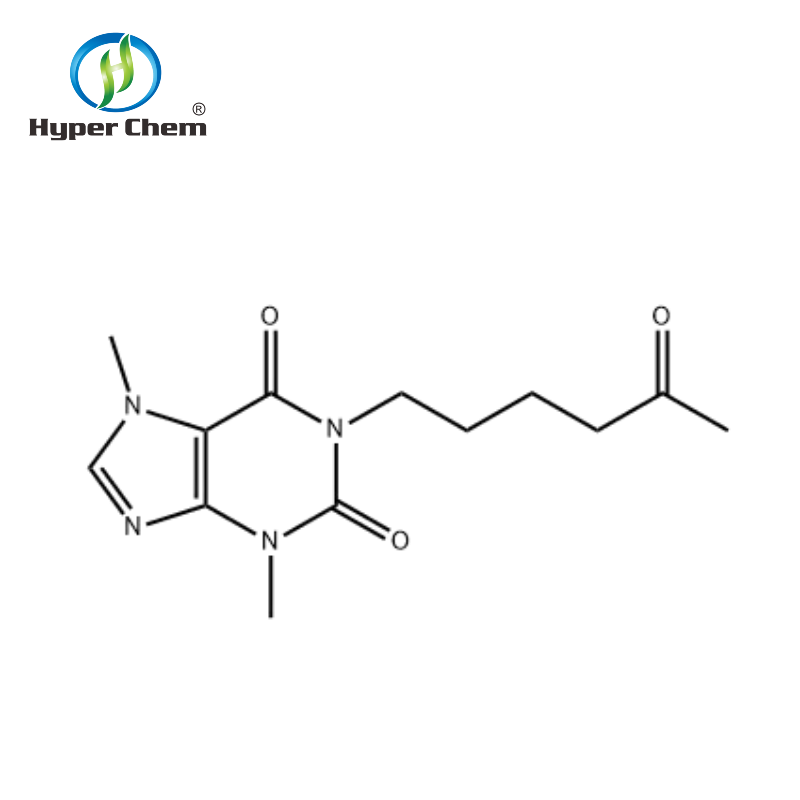-
Categories
-
Pharmaceutical Intermediates
-
Active Pharmaceutical Ingredients
-
Food Additives
- Industrial Coatings
- Agrochemicals
- Dyes and Pigments
- Surfactant
- Flavors and Fragrances
- Chemical Reagents
- Catalyst and Auxiliary
- Natural Products
- Inorganic Chemistry
-
Organic Chemistry
-
Biochemical Engineering
- Analytical Chemistry
-
Cosmetic Ingredient
- Water Treatment Chemical
-
Pharmaceutical Intermediates
Promotion
ECHEMI Mall
Wholesale
Weekly Price
Exhibition
News
-
Trade Service
Nicardipine is a calcium channel blocker medication that is primarily used to treat hypertension (high blood pressure) and angina (chest pain).
It is also sometimes used to treat other conditions, such as Raynaud's disease and migraine headaches.
Nicardipine is available in a number of countries around the world, including the United States, Canada, and Europe, but it is not currently approved for use in all countries.
In terms of safety, nicardipine is generally considered to be a safe medication when used as directed.
However, as with all medications, there are some potential risks and side effects associated with its use.
These side effects are usually mild and may include headache, dizziness, and flushing.
More serious side effects are rare, but they can occur in some people.
One potential risk associated with nicardipine use is the risk of hypotension (low blood pressure).
This can occur if the medication is taken with other medications that lower blood pressure, or if the patient is dehydrated or otherwise compromised.
Low blood pressure can cause symptoms such as dizziness, lightheadedness, and fainting, and can be dangerous if it becomes severe.
Another potential risk associated with nicardipine use is the risk of heart failure.
While the medication is generally effective at reducing blood pressure, it can also cause the heart to pump less efficiently, which can lead to heart failure in some people.
This risk is generally higher in patients who have pre-existing heart conditions or who are taking other medications that can affect the heart.
Pregnant women should not take nicardipine, as it can cause harm to the developing fetus.
The safety of nicardipine in breastfeeding women is not well established, and the medication should be used with caution in this context.
In addition to its potential risks and side effects, nicardipine can interact with other medications in potentially dangerous ways.
Patients should always talk to their doctor about all medications they are taking, including over-the-counter medications, supplements, and prescription drugs, before starting nicardipine.
This is especially important for patients who are taking other medications that lower blood pressure, as these medications can increase the risk of hypotension when taken with nicardipine.
Overall, nicardipine is generally considered to be a safe medication when used as directed.
However, its potential risks and side effects, as well as its interactions with other medications, should be carefully considered before starting treatment.
Patients should always follow their doctor's instructions and report any side effects or other issues to their doctor as soon as possible.







